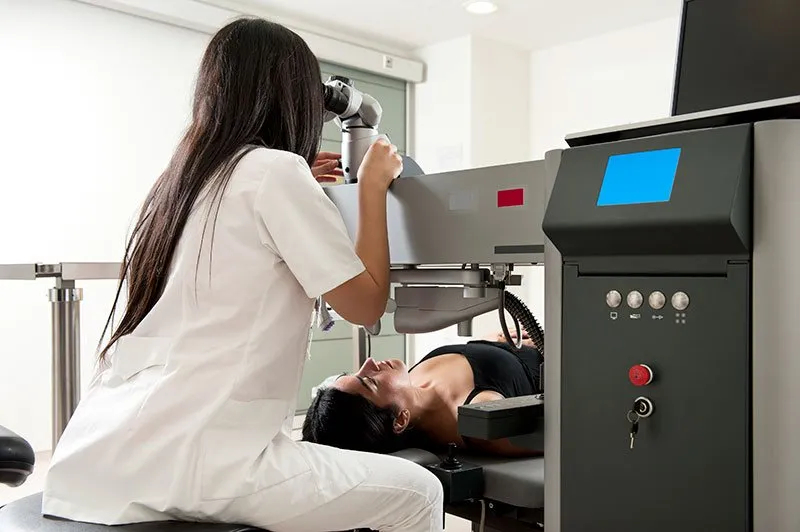Diabetic Retinopathy: How Can Your Out-Of-Control High Blood Sugar Cause It?
Posted by: Cape Fear Retina in Blog

Here are very important facts about diabetic retinopathy, how it affects your eyes, and what you can do to treat it.
If your blood sugar levels stay out of control, it can affect your vision over time. One of the conditions you could potentially have right now is diabetic retinopathy. Diabetic retinopathy is a serious eye disease that affects your retina, the light-sensitive tissue that covers the back of your eye. Without treatment, you can lose your vision.
Diabetic retinopathy can cause severe damage to your retinas over time, or the disease can take effect right away. Most people don’t even know that they have diabetic retinopathy until it’s too late. Here are very important facts about diabetic retinopathy, how it affects your eyes, and what you can do to treat it.
How Does High Blood Sugar Damage Your Retinas?
The retina lines the back of your eye and acts similar to a digital camera’s electronic sensor. The retina collects light from the eye’s lens, then uses special color-sensitive sensors to convert the light into nerve signals. These signals then travel to your brain’s visual processing center for interpretation.
When your retinas are healthy, they carry out the functions above without problems. But when high blood sugar (glucose) weakens the blood vessels and damages the cells of your retinas, the tissue can’t process light properly. Along with other fluids, blood seeps from your damaged blood vessels, which causes diabetic retinopathy in your eyes.
Your retinas begin to swell or fill up with fluid over time, which eventually causes the things you see to appear hazy or blurry. Fluids can leak into your lenses after awhile. The naturally curving shape of your lenses begin to distort until everything you see blurs.
In attempt to replace the blood vessels they lose, your retinas make new blood vessels. However, the new blood vessels create more problems than they solve. As the new vessels form, they grow beneath your retinas and leak blood. The leaking blood can cause the retinas and their tissues to “break free” or detach from the back of the eye.
The warning signs of retinal detachment can include blind spots, flashes of light, and floaters. Some people develop dark shadows in their field of vision. Retinal detachment can occur over a long period of time, or the condition can happen quickly. Both incidences can potentially lead to a loss of vision.
If you experience any of the problems above, it’s critical that you seek treatment now.
How Do You Treat Your Eye Condition Properly?
The first step to keeping your retinas safe is to control your high blood sugar levels. You can do so by following your regular doctor’s medical advice, maintaining a healthy diet, and getting plenty of exercise. You can also speak to an eye doctor about your condition.
An eye doctor can diagnose the type of diabetic retinopathy you have and make the best recommendations to treat it. High blood sugar starves your retinas of the nutrients, oxygen, and other substances they need to function. An eye specialist can provide treatments that protect your retinas and the tissues that support them.
You may qualify for laser treatments like scatter laser photocoagulation. This innovative treatment seals leaking blood vessels as well as prevents new blood vessels from forming on your retinas. Eye surgeons and doctors can also use scatter laser photocoagulation to treat multiple or large areas of damage in the retina.
The procedure can create minor discomfort and usually requires at least two visits to the eye doctor to complete. You may expect to experience some blurriness in your vision after the procedure, but this problem only last a day or two at the most. If your symptoms last longer, tell an eye doctor immediately.
After treatment, an eye doctor will monitor your vision for any changes that threaten your retinas and other tissues. If your blood sugar levels increase and affect your eyes in the future, an eye specialist can take the steps needed to protect your vision.
To learn more about diabetic retinopathy, contact the vision experts at Cape Fear Retinal Associates PC for an appointment.

